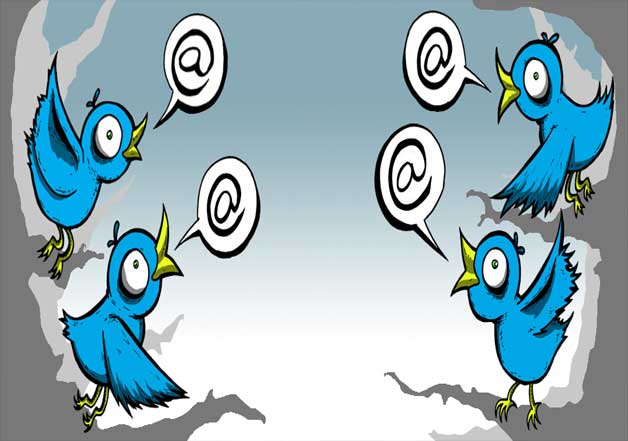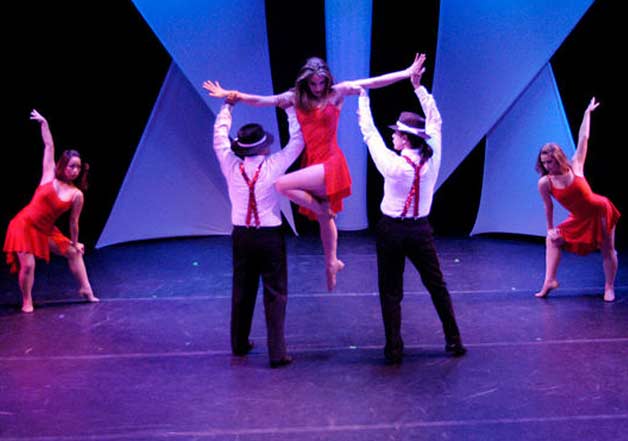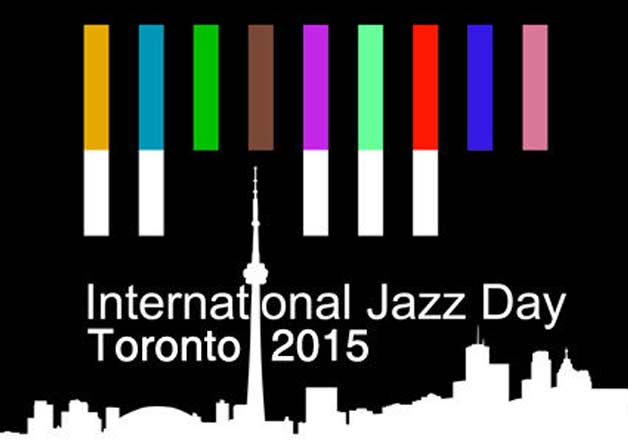
“If you haven't heard jazz yet you ain't heard nothing yet,” this is how a jazz lover would probably boast about his music sense.
Art Blakey, author, once exclaimed, “Jazz washes away the dust of everyday life.” Wonderfully put, this statement simply means Jazz is nothing short of a refreshing experience.
Originated in African American communities during the late 19th and early 20th century, Jazz is known to be an open-ended music designed for the open minds.
Though jazz is quite popular nowadays but there is little knowledge about this genre of music. So, today, on International Jazz day, we decided to dig a little deeper to know more about this beautiful form of music.
Here are some interesting facts:
1. Meaning of Jazz

In the earlier days, 'to jazz' meant to fornicate and jazzing' meant 'having sex'. ‘Jazz baby' was an easy woman while a Jazzbo' was a lover of ladies! We bet you dint know this one!
2. First Use

The first songwriter to make use of the word ‘jazz' in a song was Clarence Williams.
Right after that, this term became popular and eventually went on to be the name of one of the world's greatest genres of music.
3. Mixture of Music

From ragtime to present days, Jazz has encompassed a wide range of music in about 100 years.
While improvisation, polyrhythms, syncopation and swung note have been heavily used, there are also some aspects of American popular music, European harmony, brass band tradition and African musical elements like blue notes and ragtime.
4. Jazz Expansion

New Orleans is 'the city' where raw jazz was polished and it ultimately became popular as early jazz.
Many American-African artists used marching band instruments to perform in bars and brothels. Ragtime was amalgamated with funeral-procession music to create a new style.
5. Dance Forms

Jazz music brought dozens of new dance steps in America. The Charleston, Black Bottom, Shimmies, Trot and the Tango are the prominent ones.
6. Types of Jazz

Jazz amalgamates a countless number of styles like Dixieland, gypsy jazz, big band swing, bebop and Bossa Nova jazz. The musical genre also comprises of plenty of contemporary sub-genres such as free jazz, acid jazz and soul jazz.
7. International Jazz day

Every year on April 30, UNESCO organizes International Jazz day to celebrate “the virtues of jazz as an educational tool, and a force for peace, unity, dialogue and enhanced cooperation among people.”



















